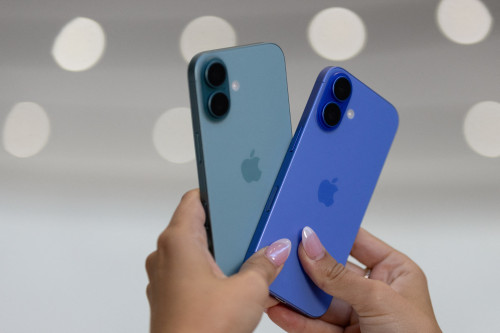By Tom Hals and Max A. Cherney
WILMINGTON, Delaware (Reuters) – The trial in a legal battle between Arm and Qualcomm that could disrupt a wave of artificial intelligence PCs is set to begin on Monday in a Delaware courtroom.
A more than two-year fight has pitted Arm, which licenses fundamental technology used to design chips, against Qualcomm, one of its largest customers and a leading designer of mobile processors.
The jury trial is expected to begin on Monday with opening arguments and run through Friday. Each side has been granted about 11 hours to make their case. The jury was selected on Friday.
Expected witnesses include Arm chief executive Rene Haas, Qualcomm CEO Cristiano Amon and Nuvia founder Gerard Williams. Williams was a senior executive in Apple’s chip unit and is currently a Qualcomm vice president.
The crux of the litigation is a contractual dispute over Qualcomm’s license agreement for the use of Arm’s intellectual property and its 2021 $1.4 billion acquisition of chip startup Nuvia, which was founded by former Apple chip engineers, including Williams.
Qualcomm used Nuvia’s designs to create new low-powered AI PC chips launched earlier this year that Microsoft and others expect will help the Windows operating system regain ground lost to laptops made by Apple.
Nuvia and Qualcomm each had licensing agreements with Arm but with different financial terms. To use the designs based on Nuvia technology, Arm has said Qualcomm must renegotiate the Nuvia contract terms.
Qualcomm has said that its “well-established license rights” cover any custom-designed central processing units (CPUs) and is “confident those rights will be affirmed.”
Arm has argued that Qualcomm should be required to destroy the Nuvia designs and has not asked for monetary damages. According to Bernstein analyst Stacy Rasgon, Qualcomm pays Arm roughly $300 million a year in fees.
Britain-based Arm is owned by SoftBank Group, which listed Arm in the U.S. in 2023.
(Reporting by Tom Hals in Wilmington and Max A. Cherney in San Francisco, Editing by Rosalba O’Brien)




